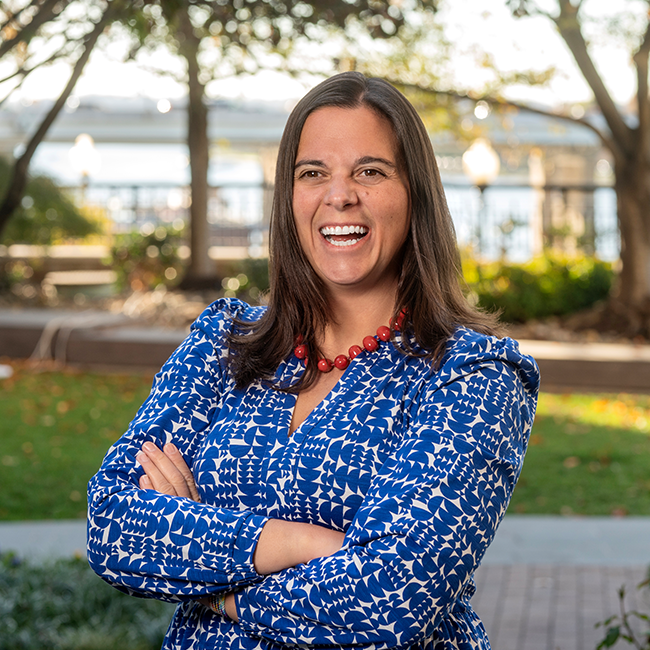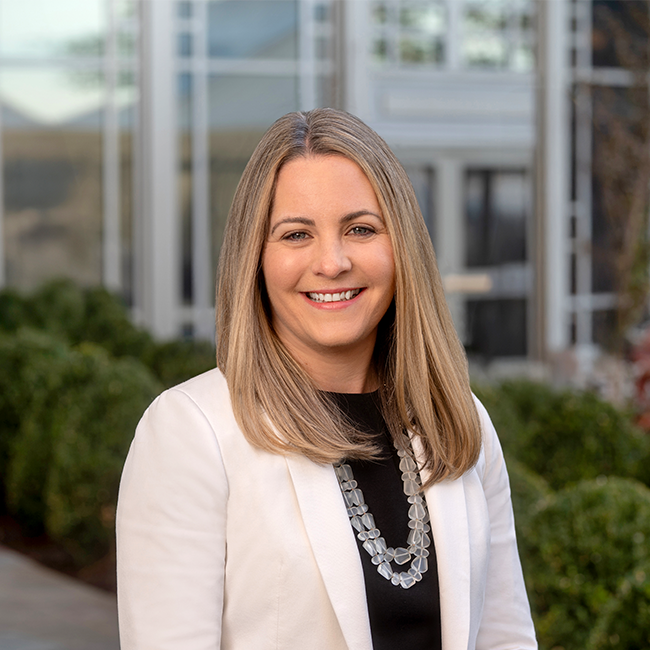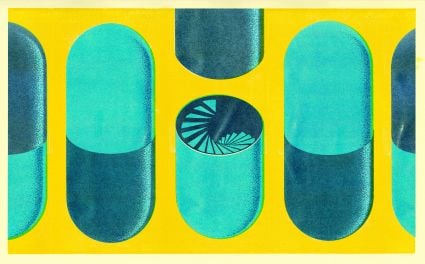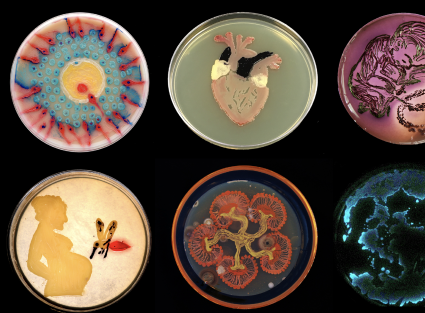
New Therapies
Overview
Bringing new therapies to patients typically takes more than a decade and on average costs $2.6B per new drug. Despite this investment, just 12% of clinical trials result in an approved treatment. While increased collaboration and investment across a range of disease fields promises to accelerate the pace and reduce costs, there are many barriers to overcome.
Philanthropy is a critical tool for improving human health, but donors often lack the expertise and tools needed to navigate intentionally rigorous and often complex research and clinical ecosystems. SPARC advisors, in partnership with high-impact philanthropists, have been working across the scientific ecosystem to identify barriers to progress and pinpoint opportunities to strategically engage in the therapeutic development space.
New Therapies
Related Content

Neurotechnology: A Giving Smarter Guide
When most people think about advances in medicine, drug development is the first thing that comes to mind. However, technology and devices are proving to be valuable options for treating intractable illnesses. Technological solutions in the...Read Report
 EH
EH

Nonprofits: A Growing Force in Drug Development
Shepherding a drug from discovery to the market is a complex process that involves many actors. The process often begins with academic researchers making a breakthrough discovery in the lab and ends with pharmaceutical companies running...Read ReportKK

Funding Scientific Research - A Giving Smarter Guide
Making an Impact. Strategic philanthropic investments in medical research require a careful consideration of the philanthropist’s priorities and an understanding of the current state of research to amplify the impact of their giving. This...Read Report